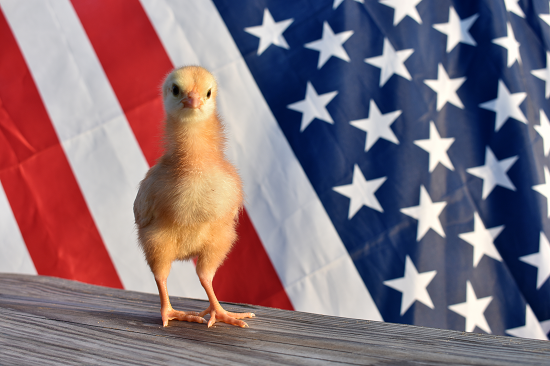
The House of Lords has reinserted amendments to the Agriculture Bill which will protect the UK’s farmers and consumers from food products produced to lower standards from abroad.
The clauses will require that the UK government does not allow for substandard imports – such as chlorinated chicken or hormone-injected beef – in the trade deals it negotiates with countries such as the US.
Government defeat
According to Pig World, the amendments reinserted into the draft legislation by the Lords include:
- Giving the Trade and Agriculture Commission more powers to scrutinise trade deals
- Requirement for the Trade Secretary to report to Parliament on the impact of proposed future trade deals
Farming Minister Victoria Prentis insisted that existing legislation provides sufficient protections against lower standard imports and that parliament already had sufficient powers of scrutiny.
However, Lord Curry disagreed, telling the upper house: “The fear of cheap imported food undermining our standards of production as a result of trade deals that have not been adequately scrutinised has united all key stakeholders from the entire farming community.”
Change of tune
The argument in the Lords appears to be making its way through to the cabinet, after Trade Secretary Liz Truss and Environment minister George Eustice wrote in the Daily Mail on Saturday (31 October) pledging not to allow lower standard imports in future trade deals.
“We will be making the case worldwide for improved animal welfare standards – an opportunity denied as part of the European Union,” they wrote. “Chlorinated chicken and hormone-injected beef are already banned in the UK and we will not negotiate to remove that ban in a trade deal.”
The article came after a petition from the National Farmers’ Union, calling for government to maintain current food standards, attracted over a million signatures.
Global opportunity
Not all the agricultural industry backs the NFU petition, however.
Yorkshire sheep farmer George Fell told Farmers Weekly that rather than seeking to “ban anything that might be a threat”, farmers need to harness the selling power of UK produce.
“The general acceptance is that global trade is key to economic growth in the future,” he said. “Yet the amendment gives very little room for manoeuvre in negotiations, tying the hands of the government from the start.”



